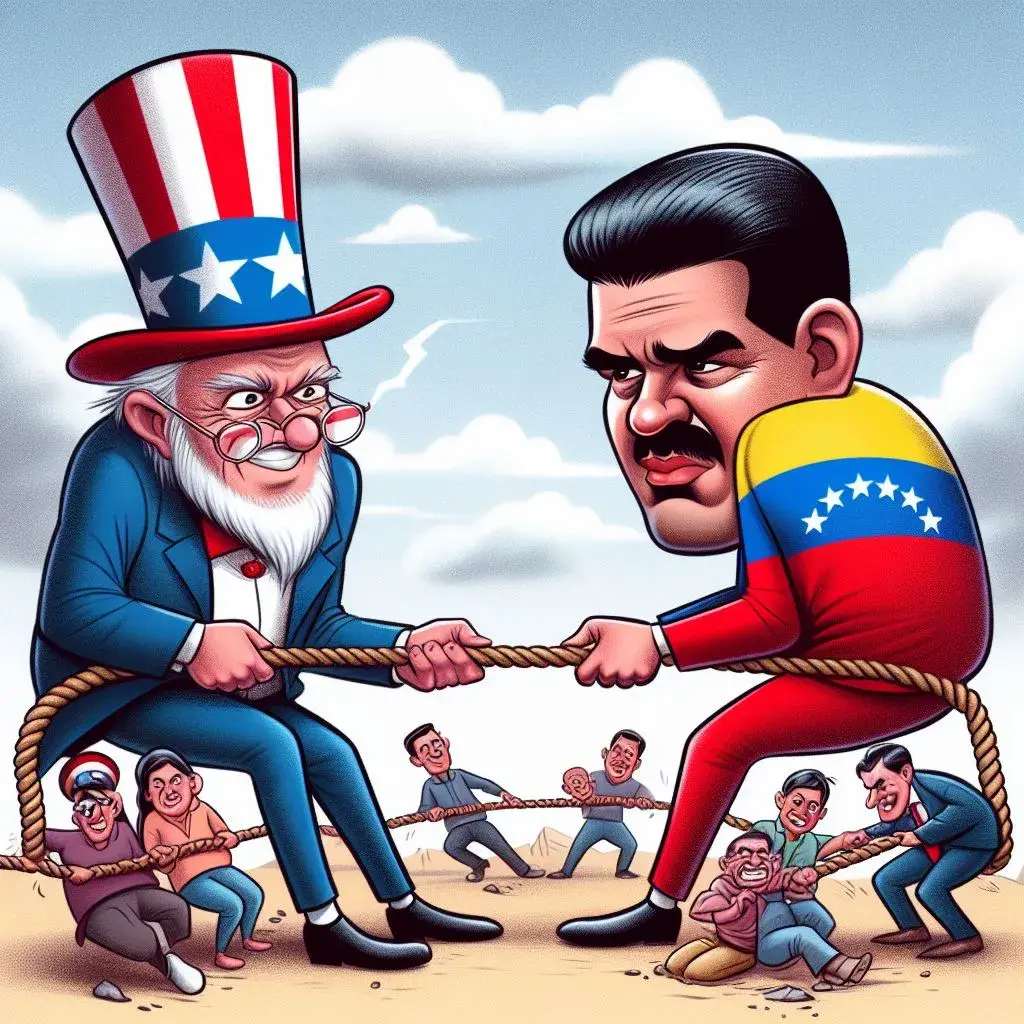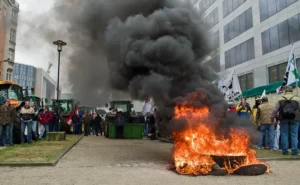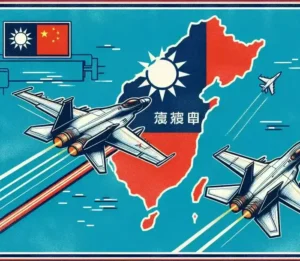The United States has reinstated sanctions on Venezuelan oil, gas, and gold, citing dissatisfaction with the political disqualification of opposition figure María Corina Machado by the Nicolás Maduro regime.

The United States has reimposed sanctions on Venezuelan oil, gas, and gold in response to the ongoing political disqualification of opposition member María Corina Machado by the Nicolás Maduro regime. This move marks the latest development in the three-month-long diplomatic engagement between Washington and the Venezuelan government, which initially saw a partial relaxation of economic sanctions in October.
The initial easing was a gesture of support for the Barbados agreement, a pact between the opposition and Chavismo aimed at fostering free elections in Venezuela. However, the U.S. had warned of potential action if Maduro failed to uphold his commitments under the agreement, including the release of political prisoners and the establishment of electoral guarantees.
State Department spokesman Matthew Miller announced on Tuesday that the United States would not renew the license providing relief to the Venezuelan oil and gas sector, set to expire on April 18, 2024, unless there is tangible political progress between Maduro’s government and the opposition. This decision follows the Supreme Court of Justice’s decision to maintain the political disqualification of Corina Machado.
The White House framed the retaliatory measure as a response to the lack of progress in talks between Maduro and his representatives and those of Corina Machado, emphasizing the importance of allowing all presidential candidates to compete in the upcoming elections. Venezuela, in turn, rejected the U.S. actions as “rude and improper blackmail” and announced the suspension of various cooperation mechanisms, including migrant repatriation flights.
Venezuela’s Oil Minister, Pedro Rafael Tellechea, had previously expressed the country’s readiness for any scenario, including the reimposition of sanctions by Washington. A senior official from the Biden administration highlighted that the decision aims to address the violation of the Barbados agreement while keeping the door open for dialogue. The official stressed the urgency of achieving free and fair elections in Venezuela, acknowledging the narrowing window of opportunity.
The announcement from the White House coincided with a deadline set by the Treasury Department’s Office of Foreign Assets Control (OFAC), instructing entities to settle any pending transactions with Minerven, Venezuela’s state-owned gold mining company, by February 13.
The United States had previously eased sanctions on Venezuela, contingent on two conditions: the release of political prisoners and assurances for the conduct of free elections. This partial relaxation, in support of the Barbados agreement forged in October between the opposition and the Maduro government, resulted in a prisoner exchange.
However, Washington expresses significant dissatisfaction with the outcomes, particularly in light of the recent arrest of 36 individuals, including civilians and military personnel. Venezuelan authorities have accused them of involvement in five alleged “conspiracies” to assassinate Maduro, with three of the detainees identified as collaborators of Machado.
State Department spokesperson Miller conveyed discontent, stating, “The actions of Maduro and his representatives in Venezuela, such as the arrest of members of the democratic opposition and the disqualification of candidates for the upcoming presidential elections, are inconsistent with the agreements signed in Barbados.”
The Supreme Court of Justice (TSJ) imposed a 15-year political disqualification on Machado, who had secured victory in the primary elections of the main opposition alliance. In response, Machado asserted, “Nicolás Maduro is not going to choose the people’s candidate, because the people have already chosen their candidate.”
From the perspective of Washington, the Barbados agreement “remains the most viable mechanism to address Venezuela’s longstanding political, economic, and humanitarian crisis and facilitate competitive and inclusive elections.”
However, this hinges on the condition that “Maduro and his representatives adhere to the principles outlined in the roadmap and ensure that opposition political figures have the freedom to choose their candidates for the 2024 presidential elections,” scheduled for the latter half of the year, the spokesperson emphasized.







